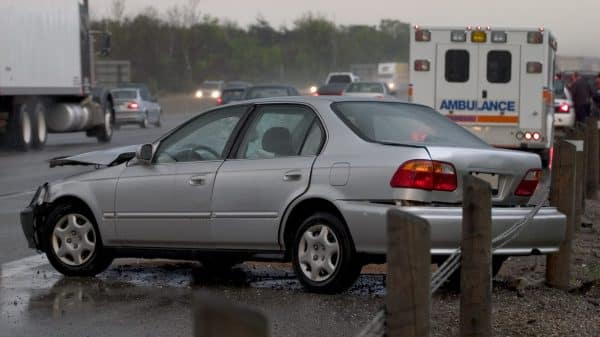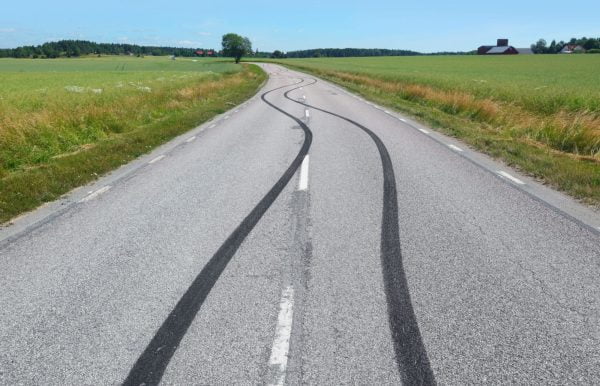The grueling process of a car accident case can take a toll on our health, quality of life and finances. Car accident settlements are given to plaintiffs of defendants that have adequately proven the damages done by the accident. The process of collecting the settlement monies may not be as easy as you think. There are laws and regulations in place to protect both the payer and the payee. In this article, we outline what you can expect to happen to your settlement after your case.
Settlements vs. Judgments
Settlements take place before the trial even starts. It is an agreement made between the plaintiff and defendant with explicit terms laid out in an agreement. The payer has twenty to thirty days to transfer the funds or interest will start to accrue. If the settlement does not get paid, the payee can file another lawsuit and bring the collecting party to court.
Judgments are regulated by statutes put in place by the courts. Post-judgment deadlines have to expire before the payer is required to give the collecting party funds. The payer has up to sixty days to file a motion for appeal or a new trial. If the motion gets approved, the losing party does not have to pay the judgment. Appeals can take years to be resolved.
Insurance Companies vs Drivers/Corporate Defendants
Insurance companies are well oiled machines that are prepared to handle the financial outcome of car accident lawsuits. Most collectors do not have to worry about the company paying on time or at all. Insurance companies prefer the settlement method because it is easier and less expensive.
Drivers, on the other hand, are different. They are not always financially prepared to handle the financial repercussions of the case. The payee may have a hard time collecting their funds. Corporate defendants may also drag their feet when it comes to paying a judgment and this may force the collecting party to go through further litigation.
Recovering Funds
If you must go through further litigation to receive the funds, the courts step in to make sure the monies are paid.
The courts may choose to garnish a person’s wages to ensure the money is collected. Wage garnishment involves a court order that deducts a percentage of a person’s wages from their check before they receive it. The monies are automatically deposited into the collecting party’s account.
Corporate business accounts can also be garnished. If a corporation fails to pay, the courts can freeze their accounts. The bank is then forced to hand over the money to the collecting party. Courts can also put liens against personal property such as real estate in an effort to collect funds.
Hire a Car Accident Lawyer
If you have experienced a car accident and you reside in the Chattanooga, Tennessee area, contact the McMahan Law Firm today. Our car accident lawyers will help you resolve any judgment or settlement claims you have with the driver or insurance company. Call us today!

















